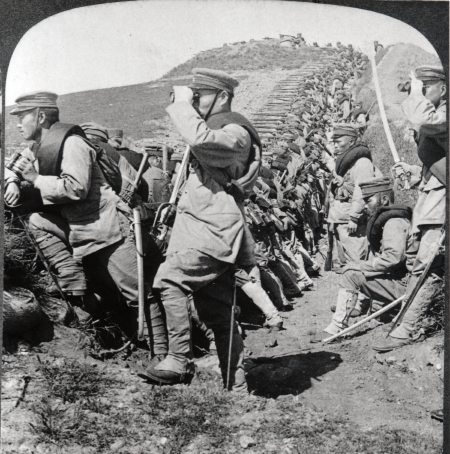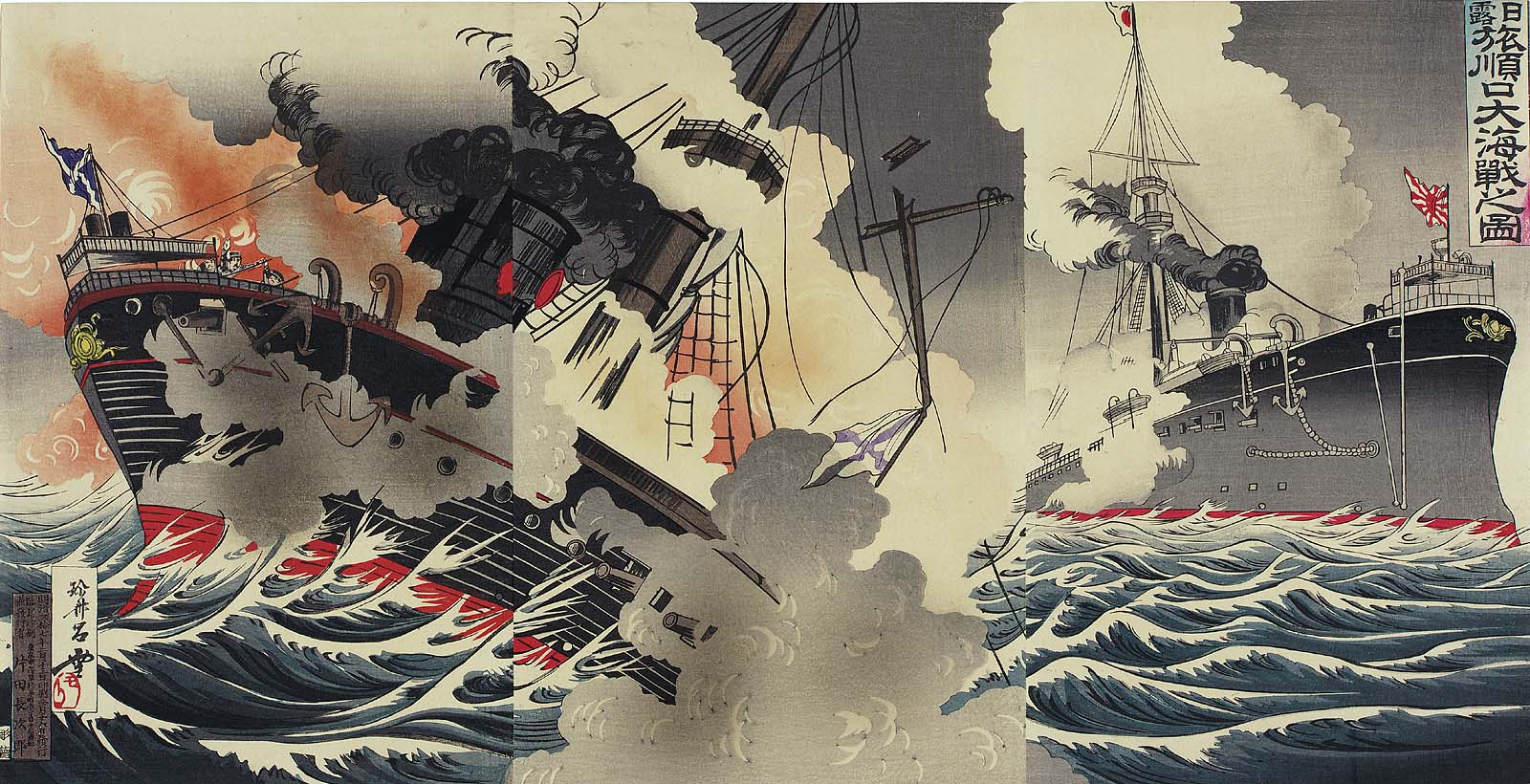The All-American Badass
The All-American Badass
The beginning of Teddy Roosevelt's presidency was not a rosy one. Having been a running mate alongside McKinley during the election and the VP during his presidency until his out-of-nowhere assassination, Teddy had to contend with mourning his partner's death but he could now breath a sigh of relief as he nows had the chance to implement his agenda for future of America. The bosses in the GOP may hate him, but he was a man of the people who thrill-fully supported the man. This was the man that led the charge up San Juan Hill with the Rough Riders, transformed the NYPD into a professional institution, and went up against Tammany Hall.
During this time, in 1903, he lent a helping hand in Panama's liberation from Colombia by deploying the US Navy. In return for America's assistance, the new country would allow Roosevelt the right to building a canal across the isthmus. Once the Panama Canal was under US control, Teddy did a favor to soothe feelings over. As an act of goodwill, he let the future revenue from the canal be split between Panama and the USA. He conserved a lot of areas in the country that were turned into nature reserves, deeply inspired by his time out west. He broke up a lot of monopolies and trusts that were strangling the economy, earning the moniker 'Trust-buster'.
One other important thing that happened in his first term was the state visit of Wilhelm III of Germany in 1902. Since the chances of an alliance with Britain were dashed, the young emperor looked to the west. He traveled aboard the SMS Hohenzollern and landed at New York Harbour to be greeted by a huge crowd and lots of press. During this time, he met officials, dignitaries, folks from the German American community, notable people like Thomas Edison, Rockefeller and many others. Along the way, Wilhelm stopped by Washington DC to go meet the President. Both of them had a cordial meeting, which included a splendid dinner, where they talked a lot about friendly bonding, the cultures between the two nations, and more importantly, diplomacy.
In those talks, Wilhelm, along with his diplomatic entourage, negotiated with Roosevelt regarding Germany's interest in the Caribbean. For one, the German Navy needed a coal refueling station to secure their ship's journey to the Pacific but Roosevelt was, following the Monroe Doctrine, opposed to any European annexation into the western hemisphere. The talks continued until, one night, both men had struck a deal: Germany would abandon any interest in the Caribbean. In return, the US would let German ships refuel in their harbors, particularly in places like Florida and Puerto Rico.
The Coal Deal, as it was called, was a masterstroke in diplomacy as it ensured mutual respect for both the Monroe Doctrine and Germany's naval goals. Soon after this, public opinion began to be more positive regarding Germany and its young and smart king.
A few months later, the Venezuelan Crisis would erupt when the Venezuelan president, Cipriano Castro, refused to pay the country's foreign debts and damages by Europeans in its recent civil wars. As a consequence, Britain, France, and Italy sent ships to blockade the country and shelled its forts and harbors in an attempt to force the government to honor its debt repayments. Teddy resolved this crisis by sending his fleet into a standoff and warned the British, Italians and French to back off as America threatened war if they try to land troops on the coast. One notable absence from this blockade was the Germans.
Eventually, the crisis was settled in 1903 at The Hague as the blockading powers were awarded preferential treatment. Roosevelt wasn't satisfied with the ruling as it could encourage future intervention. As a result, the Roosevelt Corollary was added to the Monroe Doctrine.
A year later, Teddy Roosevelt won the 1904 election in a landslide victory against the Democrats very own Alton B. Parker, who only won the entire South. During his victory speech, he made one announcement that would surprise everyone: he would run again as president in 1908.
The Bull Moose would continue marching on.

Theodore Roosevelt, US President (1901-)
(1859-)
Last edited:





:max_bytes(150000):strip_icc()/GettyImages-515758847-e9fd4bc0bfa54d948f36b1fc6f98dd52.jpg)
:max_bytes(150000):strip_icc()/The_Russian_Revolution_1905-5809637e3df78c2c73877a42.jpg)